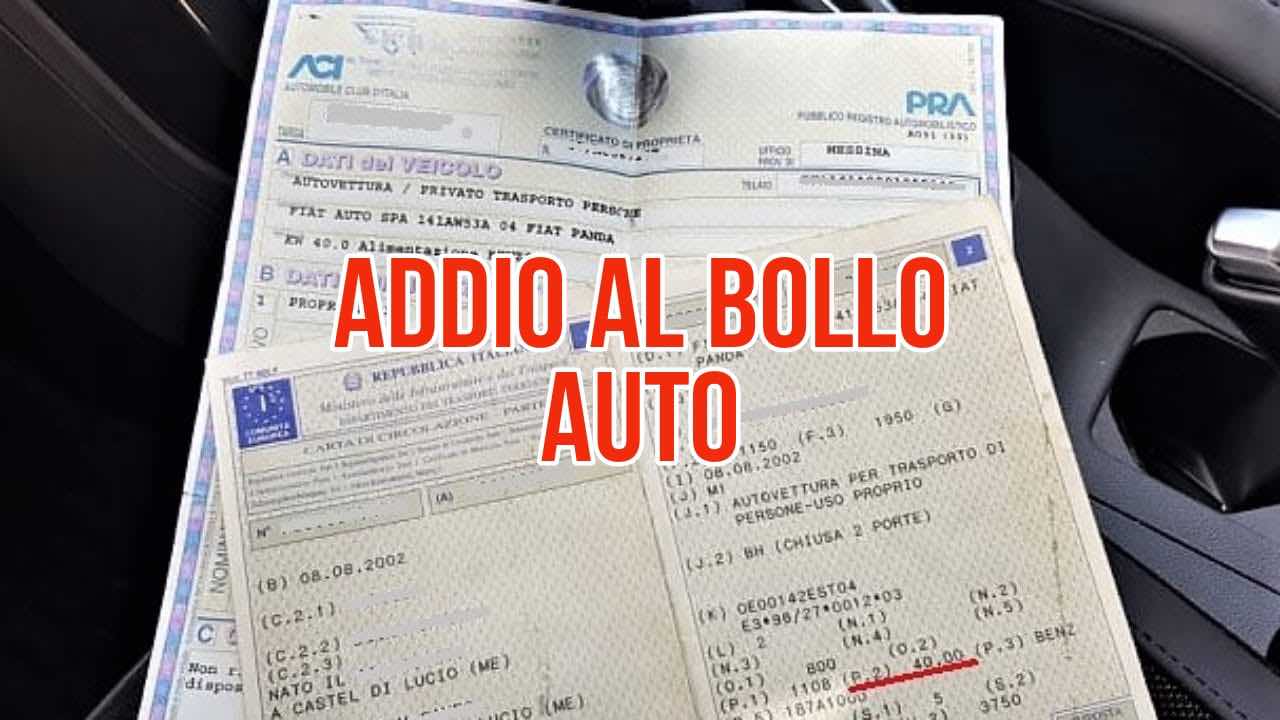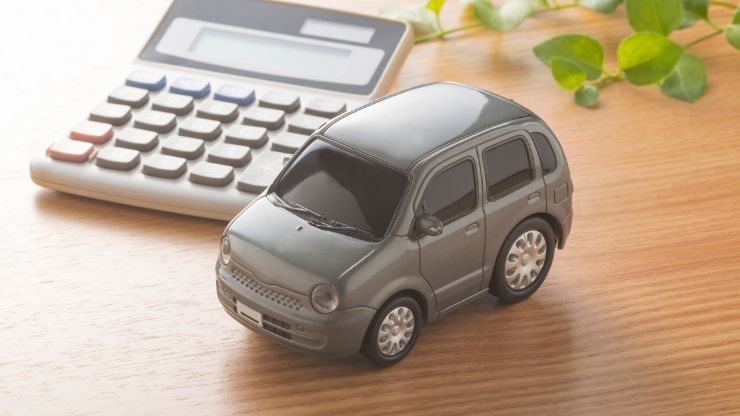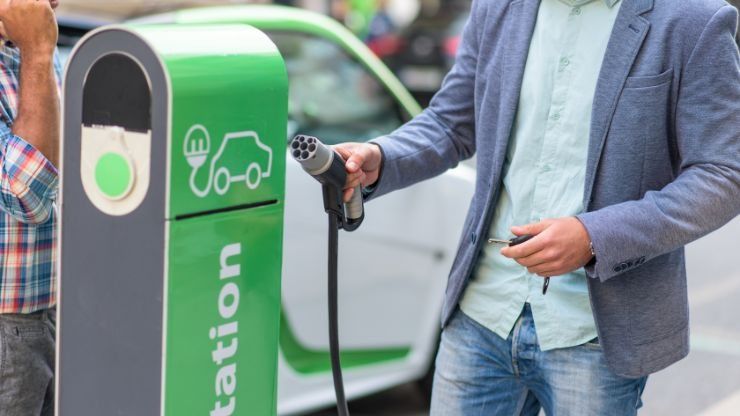One of the most hated taxes by Italians, the car tax, can be unpaid if you own this car. Goodbye to this tax.

Perhaps on par with Rai feethat of the car tax it is one of the most hated and “misunderstood” taxes by Italians. I mean, many they don’t understand why you have to pay for itconsidering that in some cases it can be a real drain, even if paid once a year.
There has been talk several times of a possible elimination, just as happened with the Rai fee itself, but for the moment we have to pay for it, to avoid falling into even heavier penalties. Yup, even if we don’t use or use very little the car or motorbike.
There fine for unpaid road tax starts from 0.30% of the amount that we would have had to pay to which 0.5% of interest should be added for every six months of delay. In the most serious cases, the vehicle can even be stopped. Like it or not, therefore, it must be paid.

However, there are cases in which one is relieved of the payment of this levy. So let’s find out which are the categories of cars and motorists who are exempt from having to pay the stamp duty.
Who is entitled to the exemption from paying the car tax
There are even three categories of motorists who are by law exempt from paying the car tax:
- Who benefits from the law 104, with cars set up for disabled users. The exemption is also extended to family members if the disabled person is dependent on them or has an income of less than 2840.51 euros;
- Who owns a hybrid or electric car: the exemption is actually foreseen for the first 3-5 years, even if in some regions work is being done to extend this limit. In any case, since these are non-polluting or low-polluting cars, the opposite would be almost scandalous;
- Anyone who owns a vintage car or a vehicle over the age of 30. For old cars between 20 and 29 years old, on the other hand, the figure is halved compared to what would normally be due.
As you can see, therefore, there are possibilities, but excluding health reasons or very old cars that perhaps you would not use for driving, the only way out, once again, is given by new eco-sustainable machines.

However, one wonders whether this concession will also be valid when the diffusion of hybrid or electric cars will be much wider than it is now, if we think, for example, of the European Union’s objective set for 2035 to completely ban diesel and petrol cars.
Will the car tax disappear in that case too or will it be magically transformed again to force you to pay for it even with a zero-emission car? We’ll find out. Meanwhile, if you own such a car, or fall under one of the other exemplified cases, you can avoid paying one of our country’s most heinous and incomprehensible taxes.



